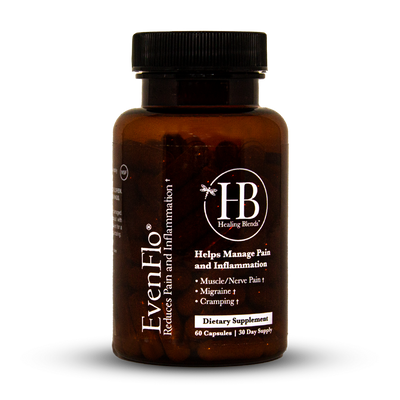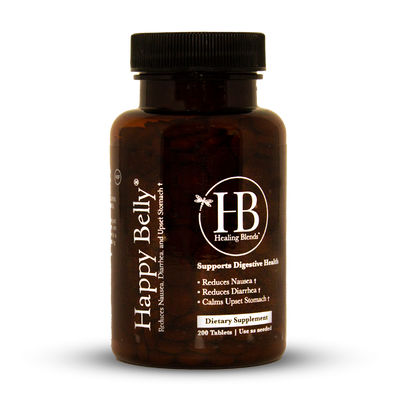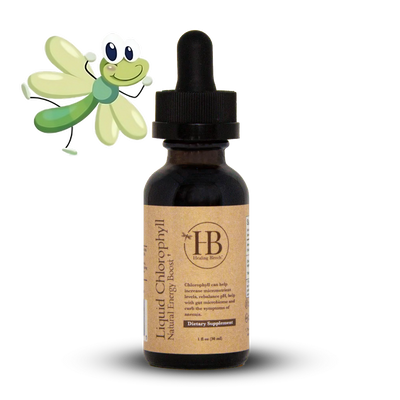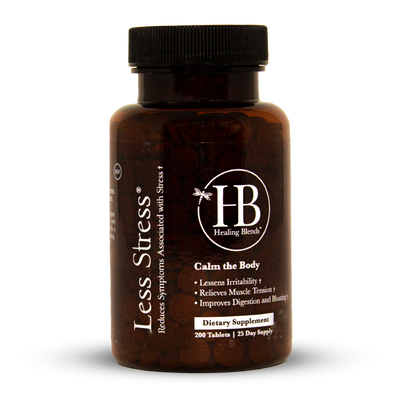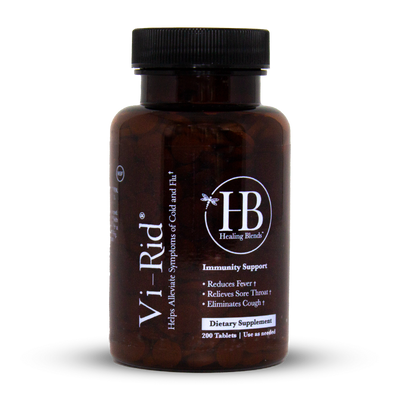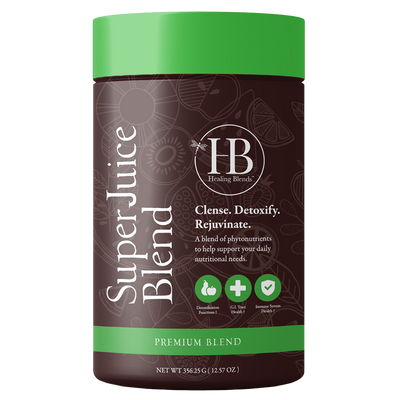Natural Ways to Prevent Flu This Season
2020 has been a year when a virus nearly brought human civilization to a standstill. It led many well-to-do countries to battle community spreads with unprecedented measures like quarantines and lockdowns.
While the advent of COVID-19 has put a heavy strain on our healthcare system, it also prompted us to revisit and redress our ideas of health and hygiene. As winter approaches, we are facing an increased probability of viral infections in new waves and known ways.
Still, the seasonal flu has taken a backseat, even though it affects millions of people each year. The truth is seasonal flu can be just as dangerous when it leads to complications. For example, it can escalate to pneumonia and prove to be fatal for people over the age of 65.
When it comes to a virus – any virus – prevention is indeed better than cure.
Even in autumn, many of us scurry for natural home remedies to treat the flu and evidence-backed information on how to prevent the flu. But is there a link between cold weather and our immune system?
Why Does our Immune System Get Weak in Winter?
Our body temperature and immune system are uniquely linked. A change in air or body temperature and daylight has a substantial influence on the behavior of our immune cells. For instance, the change in the duration of daylight disrupts our circadian rhythm.
A disrupted circadian rhythm negatively impacts our immune system and results in poorer mental/physical health. The cold winter isn’t just the season of coughs and runny noses, but it also causes an uptick in the incidences of strokes, depression, heart attacks, and other ailments.
The following are reasons why cold weather negatively impacts our immune system:
- Certain viruses like Rhinoviruses thrive in cold weather
- Cold weather negatively impacts our nasal passage and respiratory system
- Less sunlight may lead to Vitamin D deficiency that plays a vital role in immunity
- Shorter days cause winter darkness that disrupts our circadian rhythm
- Air temperature and less daylight negatively impact our mental/physical health

How can You Boost Your Immune System in the Winter?
Our immune system is always at odds with cold weather and cold exposure. Some simple changes to your diet, lifestyle, and social habits can significantly reduce your exposure to the flu and COVID virus. Here are some actionable ways to naturally strengthen your immunity and avoid viruses and respiratory infections:
#1 Keep your distance: Avoid Crowds and Gatherings
Avoiding large crowds can often be difficult, but it’s crucial during the COVID-19 pandemic. In a typical year, if you’re able to limit contact with people during flu season, you can significantly reduce your risk of getting an infection.
The virus can spread through the air and crowded or confined spaces and significantly increase the risk of infection. This includes classrooms, pubs, workplaces, sporting events, and even assisted-living facilities.
There might be scenarios where you cannot limit your exposure to crowds. In such cases, maintain as much distance as possible and wear a face mask when you are in a public place.
Depending on where you live, follow the rules recommended and mandated by your local/state/federal government and health organizations. Keep a safe distance from people who are sick or exhibit flu-like symptoms.
#2 Wash Hands Frequently and Thoroughly
You’ve heard it over and over again – wash your hands properly. This means you should use water and soap and scrub every nook and corner of your hands for 20 seconds.
You won’t always have access to soap and water, especially in public places or while traveling. For this reason, always have a bottle of sanitizing gel on you.
Keep small bottles in your car, your purse, your front porch, and any other spots you use frequently. Always sanitize your hands before you touch your mouth, nose, or face in public.
When you do touch a foreign surface outside your home, and you don’t have access to a sanitizer, try not to touch your face for at least 20 minutes - that’s approximately the amount of time a flu virus can live on your hand.
Of course, when you return home, it’s best to wash off the germs from the outside anyway. Remember, it works best with hot water and soap together.

#3 Sanitize Surfaces
During flu season it's important to be hyper-vigilant at all times. Flu viruses live for about 24 hours on hard surfaces such as glass, plastic, or metal. Fortunately, they can’t survive for too long on porous surfaces such as wood or fabric.
This means that even in your own home you should be taking precautions to clean and sanitize surfaces you touch, especially if someone who is ill has been around them. Surfaces in public places, such as schools and offices, are at a higher risk for holding viruses.
We recommend using alcohol based sanitizers (70% or more) as opposed to bleach and other harsh chemical cleaners. They are better for you, the environment, and the surface. Studies have shown they are more efficient and effective in killing viruses, especially COVID.
#4 Maintain Proper Hygiene & Etiquette
We've talked about proper hand washing and cleanliness at home, but there are other elements to proper hygiene that will preserve your health. The most important is to avoid touching your face. It can be difficult to remember (we all get itchy now and then), but it is crucial to be aware of what your hands have touched. Once you train yourself, it isn't so hard.
If you are sick, self-isolate and avoid contact with anyone unless it is inescapable. Wear a mask and maintain distance from others when you go for testing or treatment. For the sake of others, it is very important to cover your mouth when you cough.
Healthcare professionals recommend coughing or sneezing into your sleeve so that the germs do not stay on your hands. It also prevents them from spreading to surfaces or hanging around in the air long enough for someone to breathe them in. These simple measures can protect you and those around you from an uncalled-for spread of flu viruses.
#5 Sleep, Diet and Exercise

Healthy eating habits are crucial if you want to keep various diseases at bay. For those who are wondering what to eat to prevent flu, dietitians recommend eating a balanced diet full of vegetables, whole grains, and lean proteins. Antioxidant-rich foods like berries, nuts, and leafy greens are also essential to boost your immune system.
Ensure that you are drinking sufficient water each day as your internal organs and cells need to be well-hydrated to function optimally. Avoid smoking and drinking excessively as these habits are known to deplete your internal disease fighting capabilities.
Regular exercise is another evidence-based component to strengthen your immune system. Studies show that regular exercise can improve blood circulation, oxygen flow, and increase the number/strength of antibodies, the cells that fight parasites and intruders. Moreover, it can reduce stress and inflammation, which in turn will positively affect your immune system.
#6 Herbal Supplements
Natural supplements can give a much-needed boost to your immunity, especially if you are suffering from chronic ailments or are above the age of 60. Here are some natural flu prevention supplements to consider:
Elderberry
Elderberry is undeniably one of the best herbs for cold and flu. Healing Blends Global’s all-natural Sambucus Elderberry is a potent natural immune-booster than can shorten the duration of flu and treat upper respiratory symptoms [1]. Elderberries are high in antioxidants that help the body fight viral infections and recover faster from illnesses. A 2019 study [2] also concluded that Elderberry compounds can directly inhibit the flu virus’ entry and replication in humans.
Vitamin C
Vitamin C is known to mitigate flu symptoms, severity, and the onset of flu. If you are wondering how to prevent the flu when coming on, studies show that 200 mg of Vitamin C can reduce the duration of cold symptoms, prevent and treat respiratory and systemic infections by enhancing the immune system [3].
Various studies have shown that Vitamin C deficiency can impair immunity. Yet, it ranks as the fourth most common nutrient deficiency in the United States.
Our bodies are incapable of producing Vitamin C. Healing Blends Global’s Vitamin C supplement is a great immunity booster that can weaken the impact of viruses on your body. It is essential for people suffering from oxidative and inflammatory conditions like type 2 diabetes as they have an increased need for Vitamin C.
Zinc
Zinc is one of the most widely researched minerals in the context of respiratory infections and flu symptoms. Various studies have concluded that it is highly effective in fighting the common cold [4]. Similar studies also indicate that Zinc can increase immunity and shorten the duration of flu.
Zinc Supplementation can be crucial for recovery, especially if taken during the first 24 hours of the symptoms appearing. A 2017 meta-analysis also concluded that zinc can shorten the duration of colds by approximately 33% [5].
Summary: How can You boost Your Immune System in Winter?
Follow this three-pronged approach to attain a strong “cold weather immune system”, which is your best defense against respiratory infections and flu:
✔︎ Prevent: Precautionary measures like face-masks, social distancing, and hand hygiene
✔︎ Promote: Good health and metabolism via exercise, diet, and sleep
✔︎ Fortify: Use natural flu prevention supplements like Elderberry, Zinc, and Vitamin C supplements to strengthen immunity
Resources:
- Hawkins J, Baker C, Cherry L, Dunne E. Black elderberry (Sambucus nigra) supplementation effectively treats upper respiratory symptoms: A meta-analysis of randomized, controlled clinical trials. Complement Ther Med. 2019 Feb;42:361-365. doi: 10.1016/j.ctim.2018.12.004. Epub 2018 Dec 18. PMID: 30670267.
- University of Sydney. "Elderberry compounds could help minimize flu symptoms, study suggests." ScienceDaily. ScienceDaily, 23 April 2019. <www.sciencedaily.com/releases/2019/04/190423133644.htm>.
- Carr, Anitra C, and Silvia Maggini. “Vitamin C and Immune Function.” Nutrients vol. 9,11 1211. 3 Nov. 2017, doi:10.3390/nu9111211
- Rao G, Rowland K. PURLs: Zinc for the common cold--not if, but when. J Fam Pract. 2011 Nov;60(11):669-71. PMID: 22049349; PMCID: PMC3273967.
- Hemilä H. (2017). Zinc lozenges and the common cold: a meta-analysis comparing zinc acetate and zinc gluconate, and the role of zinc dosage. JRSM open, 8(5), 2054270417694291. https://doi.org/10.1177/2054270417694291















